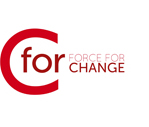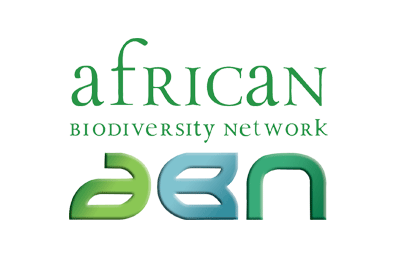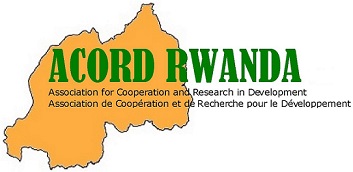GER & EAC
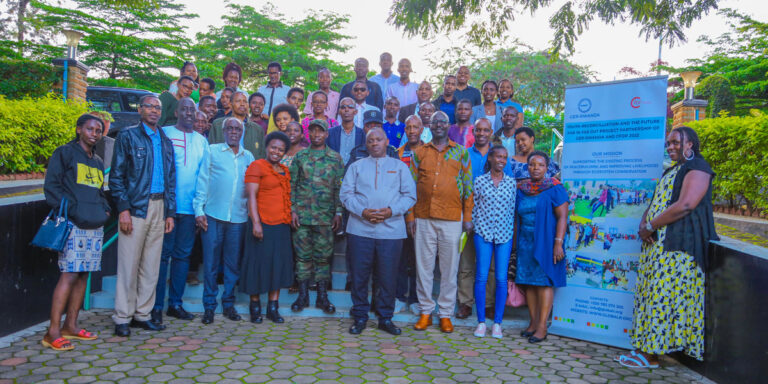
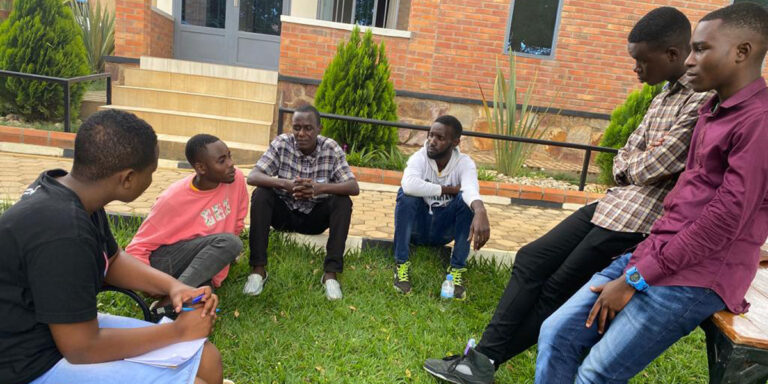
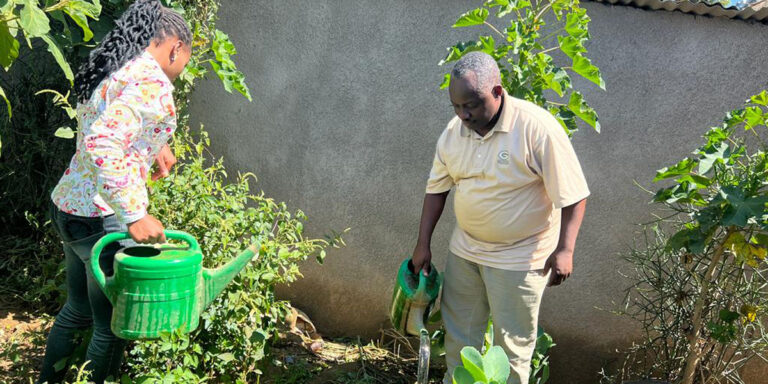
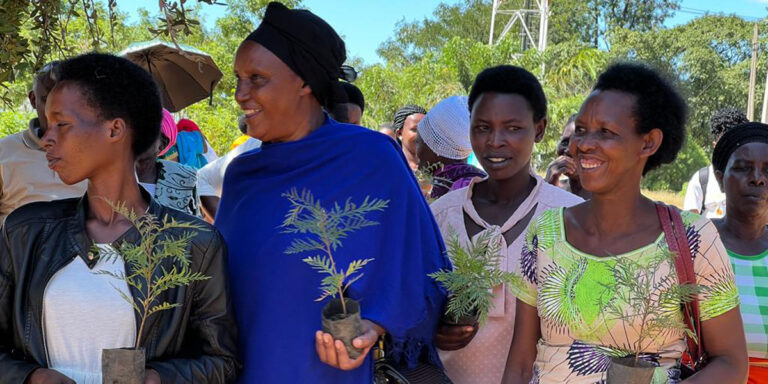
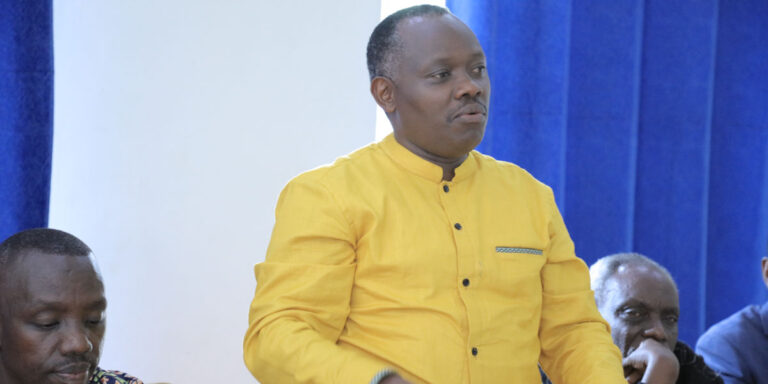
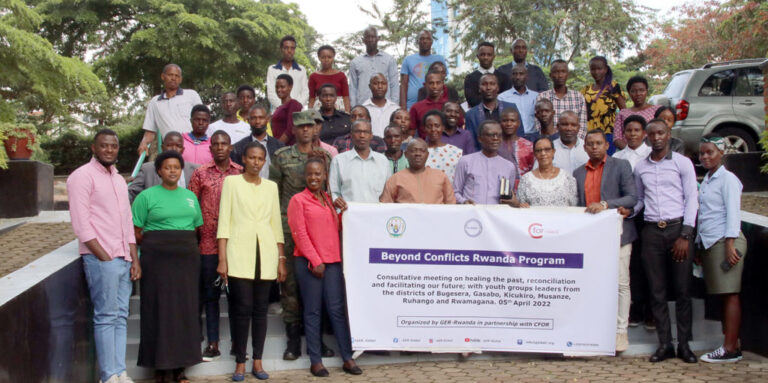
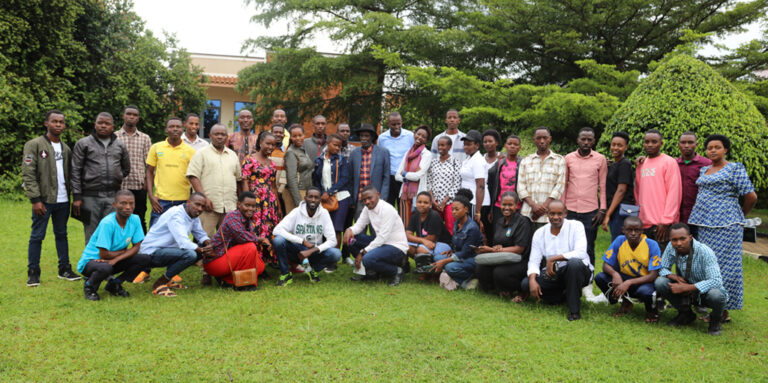
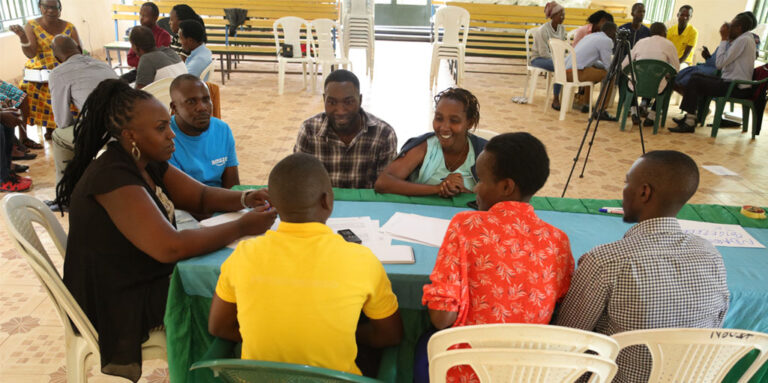
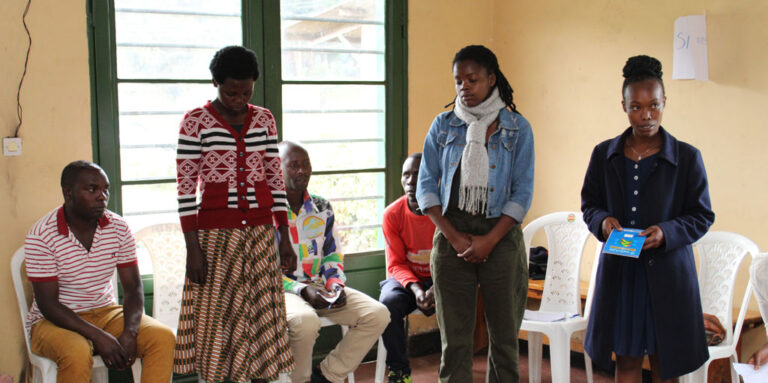
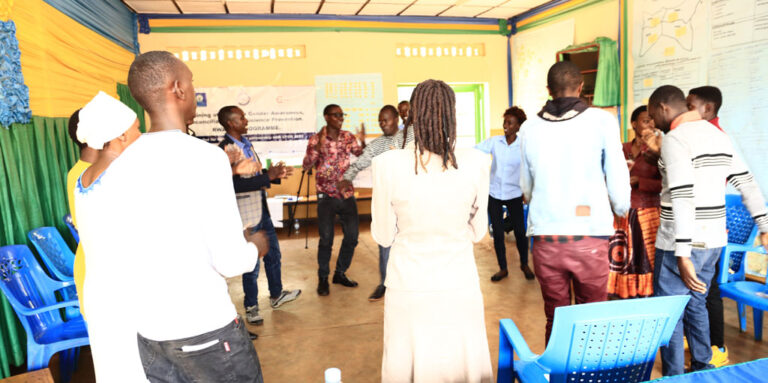
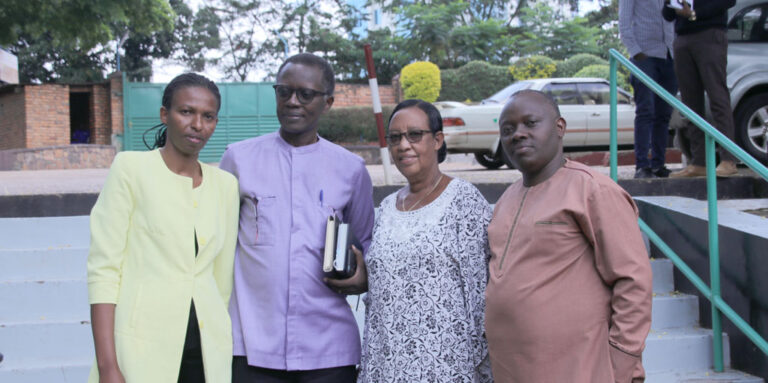
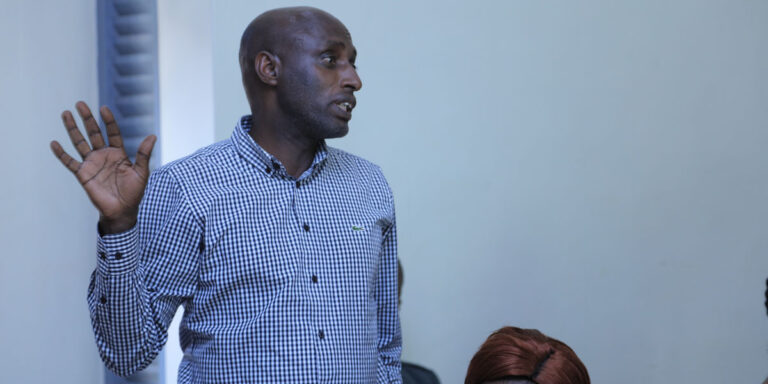
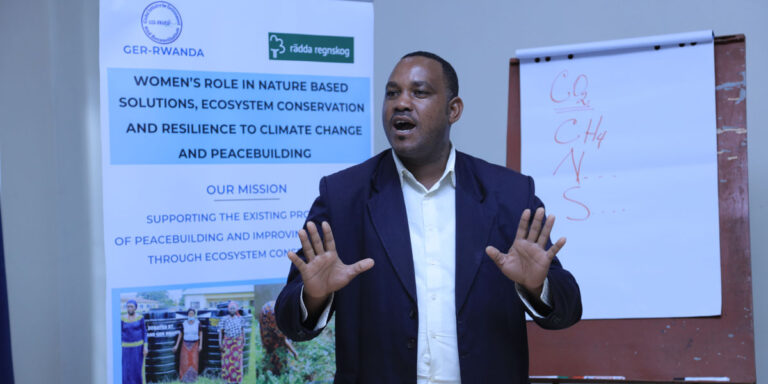
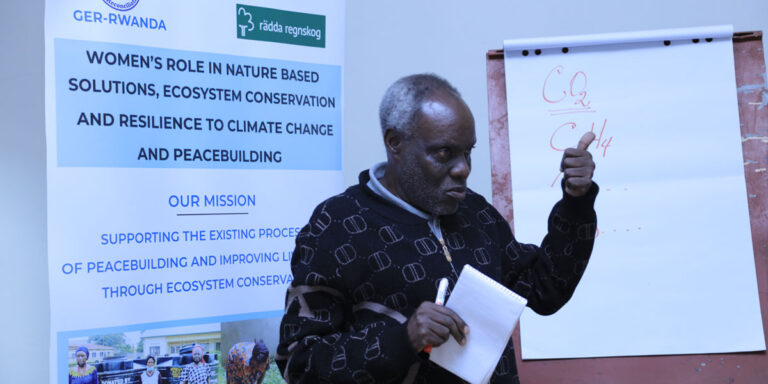
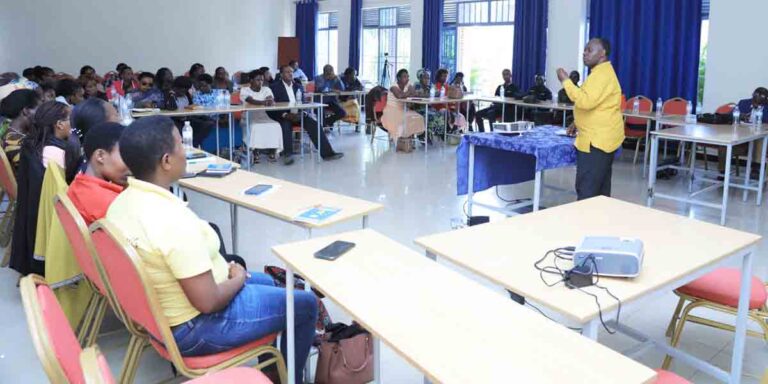
GER-Welcome Message
We are a non-governmental organization dedicated to nurturing a harmonious relationship between people and nature. Our vision is to witness communities not only living in peace amongst themselves but also in harmony with their ecosystem. At GER, we firmly believe that building peace cannot achieved without also taking care of the environment.
Our mission is to actively support the peacebuilding process while ensuring climate resilience through leadership and conflict facilitation in Rwanda and the Great Lakes region. Since our inception in 2015, we have been actively involved in training community facilitators on healing and reconciliation in Rwanda, in partnership with CFOR- and in collaboration with the National Unity Reconciliation Commission (NURC).
Our commitment extends to engaging with a diverse range of groups, including post-genocide communities. We are dedicated to fostering Genocide prevention, transforming conflicts, and addressing the pressing issue of climate change, with a particular emphasis on empowering women and youth as influential agents of positive change. In our efforts, we employ a holistic transformation approach, making use of various methods and tools to embraces Ecology, Social, Economic and Cultural dimensions also serves as a reconciliation method by bringing members of the community together through shared activities. These approaches aim to facilitate knowledge sharing and learning within the communities we work with, allowing them to heal, reconcile, and protect their environment.
GER takes pride in its strong collaborations with communities, civil society organizations, and government institutions in Rwanda, as well as in the broader Great Lakes region, including Eastern DRC, Uganda, Burundi, South Sudan, and the Central African Republic. These regions have faced their fair share of conflicts, the destructive impacts of climate change, and the scourge of poverty. By working together, sharing experiences, and learning from each other, we believe that we can amplify our collective voices, enabling us to advocate for lasting peace and environmental sustainability at regional, national, and global levels
Our experiences and endeavors have taught us that positive change is not only attainable but also sustainable when communities are empowered and actively engaged in the process of transformation. We consistently strive to facilitate change at various levels, from individual and family to community and societal levels. We extend an open invitation to individuals, organizations, foundations, and development partners to join us in supporting this vital cause.
GER stands as a beacon of hope in our pursuit of a world where peace, reconciliation, and environmental stewardship walk hand in hand. Together, we can make a real difference in the lives of those who need it most and create a brighter, more harmonious future for all.
Thank you
Please donate here and go to our programme description here. We welcome and appreciate your support!
Read our newsletter.
Sign up!

